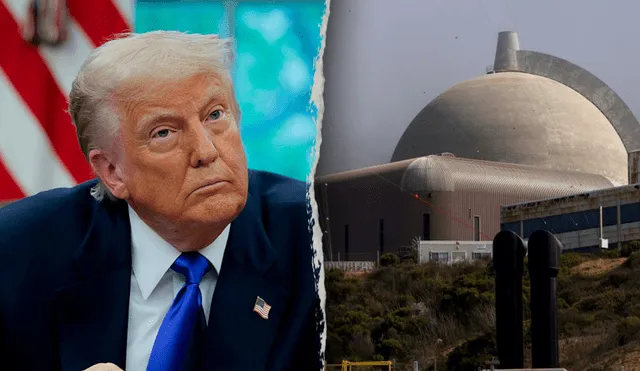Trump signs executive orders to boost U.S. nuclear energy for AI-driven power demand
The executive actions by Donald Trump aim to speed up regulatory processes, expand uranium mining, and allow reactor construction on federal land to meet rising electricity needs tied to artificial intelligence.

President Donald Trump signed a group of executive orders on Friday trying to spur the U.S. nuclear energy market. The executive orders are aimed at speeding up the approval process for reactors, increasing uranium mining and enrichment, and making it easier to build nuclear reactors on federal land. The push is prompted partly by the increased demand for electricity with the growth of artificial intelligence and the expansion of data centers.
At his signing ceremony at the White House, Trump was surrounded by industry titans and leaders from the Department of Defense, Department of Energy, and Department of Interior. The orders also ask the Nuclear Regulatory Commission to move quickly to issue licenses for new reactors with a maximum review timeframe of 18 months. A senior administration said the series of measures were aimed at cutting “regulatory burdens” and offering reliable energy, federal government uses the term 'critical infrastructure' which would include AI programs and Defense capability facilities.
AI power demand drives nuclear expansion plans
The orders are largely motivated by the expected massive increase in electricity consumption in the U.S. over the next several decades – predominantly from AI-based technologies. A recent report reported by ICF International expects growth in consumption of 25% by 2030 and 78% by 2050, primarily driven through growth in data centers. Defense Secretary Pete Hegseth has commented that integrating AI into everything national defense and industry must take into consideration a "robust and stable source of energy", adding, "Nuclear is a huge part of that."
Trump called the nuclear sector "a hot industry," while also working on smart development. Constellation Energy CEO Joseph Dominguez said the federal decision to fast track reactor licensing is a welcome development, specifically calling out regulatory irritants that delayed approvals as what made this past decade of development historic.
Challenges remain despite regulatory overhaul
While the executive orders are a significant change in policy, the expansion of nuclear energy is a long-term project. Even with reduced regulatory processes, building new reactors and infrastructure still takes years. Nuclear energy also has risks that wind and solar do not, such as radioactive waste storage and risks of accidents and sabotage.
In addition to the nuclear-focused orders, Trump signed a fifth executive order that reinstated the items of “gold standard science” for federal research. White House science adviser Michael Kratsios said the new measures aim to ensure continued U.S. dominance in science, energy, and technology.













